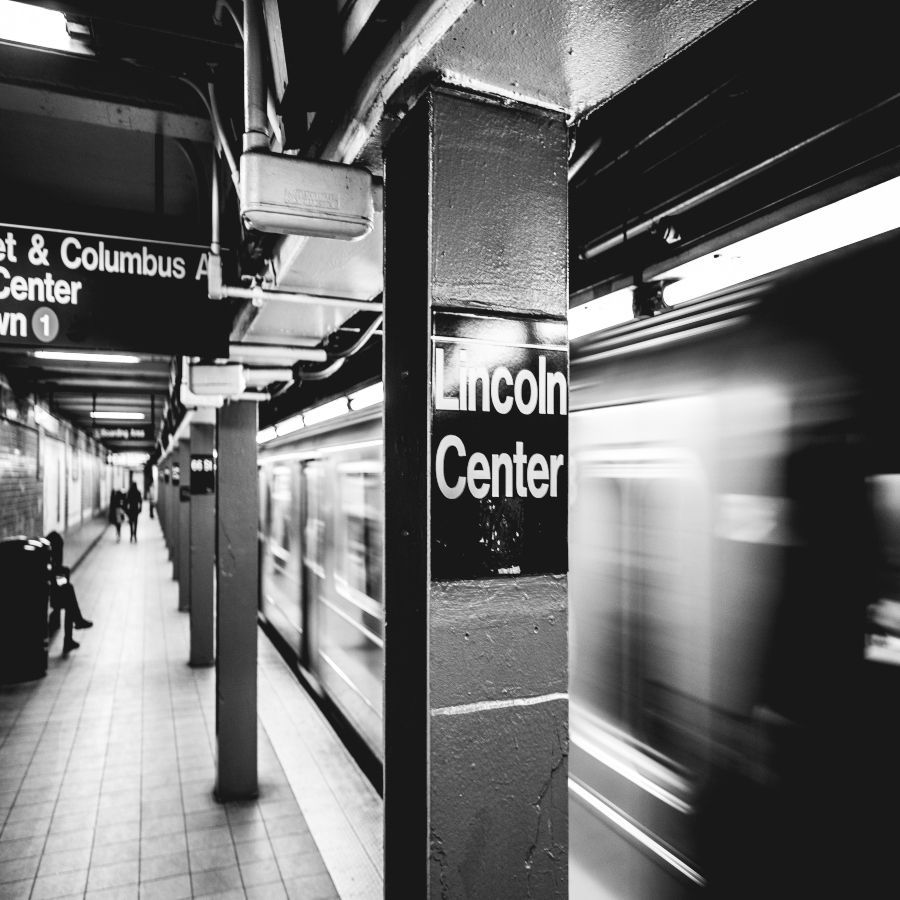The Marys—mothers, daughters, whores, saints, queens and killers—meet every Thursday afternoon in Riverside Park during the spring and summer months. In inclement weather they go to the New York Public Library on 67th Street, between the firehouse and Lincoln Center, across from sharpened condominiums that obliterate history. Some prefer the park, where they can bring doctored tea and smoke on the sly. In the library, they have to dress to recede, to invisible visible among the stacks.
A foursome plays Mah Jongg. One Mary plays fast, annoyed that Marie giggles girlishly, takes her time, flips her curls (who would believe a woman her age has skin or hair like that without professional assistance), and despite her utter stupidity, wins often. Another Mary wonders what Universe could have made them both queens, and if the beheading was the cause of such vapidity, or perhaps the powder inadvertently inhaled when they fumigated her wigs. For this Mary, her own towering exile still seems a particularly vicious vengeance, though ultimately it pales against other losses, ones which divested the soul, and split sacred covenants.
(A minor Mary in striped stockings sits cross-legged at a yellow children’s table, ignoring reading hour—the recent Dora the Explorer—to carefully exterminate paper dolls instead: each so cleverly, so pitilessly, so neatly, so unobserved.)
The writers and philosophers generally prefer the library to the park; peeking at their reproduced words a never-ending thrill, even shoved into overflowing shelves, still smothered by the patriarchy who muted them in the first place. “I am. I am. Here, I am.” Lived in perpetuity via paper and ink. Sometimes sneaking from these academic pursuits to watch New York’s Bravest—those who rose from the ash—polish engines, shine chrome, meticulously prepare for the next sirened hurtle into the scorching void. They titter and swoon over sharp deltoids, biceps and abdominals framed by snug navy FDNY t-shirts, and ogle to their hearts’ content, bluestockings with tight corsets and hidden desires.
Mary toys with a barely embered cigarette, weary of being mother to this dysfunctional chorus. She’s walking east on 72nd Street to purchase Triple Ginger Cookies at Trader Joe’s for someone’s anxious stomach, a nascent drizzle pinning her blue robes. None notice her, childless, barren, as she turns right on Broadway. Children with too-large backpacks and fragile bodies trudge slightly behind parents tethered to electronica instead of offspring. “Hold their hands,” she thinks. “Keep them close. There is a reckoning on their heads…” But she says nothing, while lesser Marys shadow her, arms pleated, a silent guard.
Originally published in Corium Magazine

